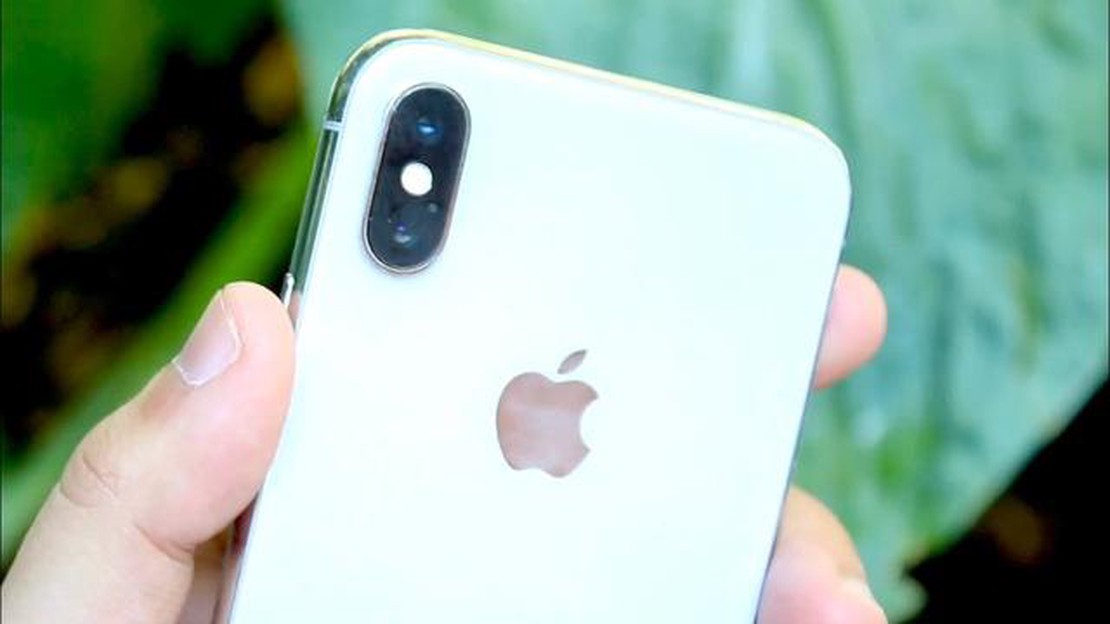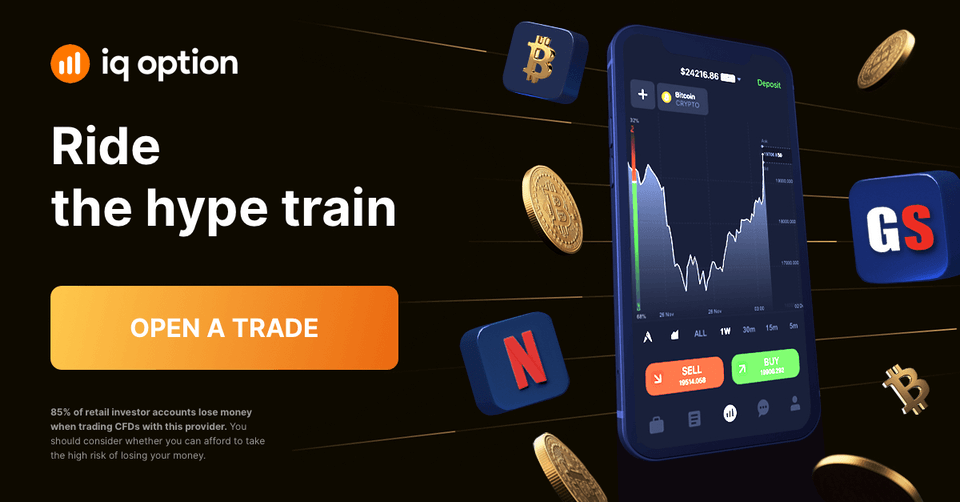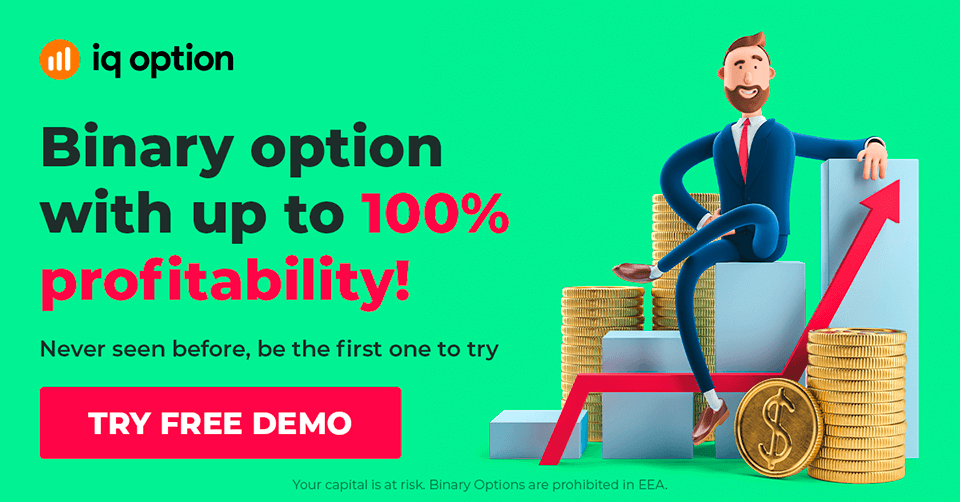Discover the Most Accurate Indicator in TradingView for Successful Trading
Which indicator has highest accuracy in TradingView? When it comes to trading in the financial markets, having accurate indicators is crucial for …
Read Article
When it’s time to upgrade to a newer iPhone, many people wonder what to do with their old device. One option is to trade it in. Trading in your iPhone can be a convenient and potentially cost-saving solution, but it’s important to weigh the pros and cons before making a decision.
One of the biggest advantages of trading in your iPhone is that it can help offset the cost of your new device. By trading in, you can get a credit or a gift card that can be applied towards your new purchase. This can significantly reduce the out-of-pocket expenses for your upgrade.
Another benefit of trading in is the convenience factor. Instead of going through the hassle of selling your iPhone on your own, you can simply bring it to a store or ship it back to the manufacturer. This saves you time and effort, as the process is typically quick and straightforward.
However, there are also some downsides to consider. When you trade in your iPhone, you may not get as much money as you would if you were to sell it independently. Trade-in values can vary, and you may not always get the best deal. Additionally, trading in means you won’t have the opportunity to negotiate the price or try to get a better offer.
Furthermore, trading in your iPhone means you won’t have the device anymore. If there is sentimental value or if you plan on keeping it as a backup, trading in may not be the best option for you. It’s important to consider how much value you place on keeping your old device versus the benefits of trading it in.
Overall, trading in your iPhone can be a smart choice if you’re looking to offset the cost of a new device and value the convenience it offers. However, it’s always a good idea to compare trade-in offers and consider the potential downsides before making a final decision.
When it comes to deciding whether to trade in an iPhone or not, there are several factors to consider. While it may seem tempting to upgrade to the latest model or get some cash for your old device, it’s important to weigh the pros and cons.
Pros of Trading In:
 2. Financial Benefit: Depending on the condition of your iPhone, trading it in can provide you with some extra money towards your new device. This can help offset the cost of an upgrade.
3. Environmental Impact: Trading in your iPhone allows for proper recycling and can contribute to reducing electronic waste. This ensures that your old device doesn’t end up in a landfill, where it can have harmful effects on the environment.
2. Financial Benefit: Depending on the condition of your iPhone, trading it in can provide you with some extra money towards your new device. This can help offset the cost of an upgrade.
3. Environmental Impact: Trading in your iPhone allows for proper recycling and can contribute to reducing electronic waste. This ensures that your old device doesn’t end up in a landfill, where it can have harmful effects on the environment.
Cons of Trading In:
Read Also: Is CMC better than CommSec? A Comprehensive Comparison
Ultimately, whether trading in an iPhone is a smart choice depends on your individual needs and priorities. If convenience and financial gain are important to you, then trading in can be a viable option. However, if you’re concerned about data security or have plans for your old device, selling it directly might be a better choice. Consider these pros and cons carefully before making your decision.
Trading in your iPhone can offer several advantages that make it a smart choice for many people.
Read Also: Projected Price of Merck Stock: What Investors Should Expect2. Convenience: Trading in your iPhone is a hassle-free process. Most authorized retailers and mobile carriers offer trade-in programs where you can simply bring your old iPhone, get it evaluated, and receive credit towards a new device. This saves you the time and effort of selling your old phone privately. 3. Environmentally Friendly: By trading in your iPhone, you are participating in a sustainable practice. Electronic waste is a growing concern, and by recycling or reselling your old iPhone, you help in reducing e-waste and its impact on the environment. 4. Peace of Mind: When you trade in your iPhone, you can be assured that your personal data will be securely erased. Authorized retailers and mobile carriers follow strict data privacy guidelines to ensure that your information is protected. This eliminates the risk of your data falling into the wrong hands when you sell your device privately.
 5. Up-to-Date Technology: Trading in your iPhone allows you to stay up-to-date with the latest technology. By trading in your old device, you can easily upgrade to a newer model, enjoying the benefits of improved features, faster performance, and enhanced functionality.
5. Up-to-Date Technology: Trading in your iPhone allows you to stay up-to-date with the latest technology. By trading in your old device, you can easily upgrade to a newer model, enjoying the benefits of improved features, faster performance, and enhanced functionality.
In conclusion, trading in your iPhone offers several advantages such as cost savings, convenience, environmental benefits, peace of mind, and the ability to stay up-to-date with the latest technology. It is a smart option for those looking to upgrade their device while minimizing the financial and logistical burden.
While trading in your iPhone can offer some benefits, there are also some disadvantages to consider. Here are a few drawbacks to be aware of:
It’s important to weigh these disadvantages against the potential benefits and decide if trading in your iPhone is the best option for you.
The decision to trade in or sell your iPhone privately depends on your personal preferences. Trading in your iPhone can be more convenient and hassle-free, as you can simply hand it over to the retailer and receive a credit towards a new device. However, selling your iPhone privately may often yield a higher value, as you can negotiate the price and target potential buyers who are willing to pay more for a used iPhone.
Trading in an iPhone offers several benefits. Firstly, it is a convenient way to get rid of your old device and receive a credit towards a new one. Secondly, it saves you the time and effort required to find a buyer for your iPhone and negotiate a selling price. Additionally, trading in your iPhone with the manufacturer or a reputable retailer ensures a safe and legitimate transaction.
While trading in an iPhone can be convenient, there are some drawbacks to consider. One of the main drawbacks is that you may not get the highest value for your device. Manufacturers and retailers offer trade-in prices that may be lower than what you can get by selling the device privately. Additionally, when you trade in your iPhone, you may be limited to purchasing a new device from the same manufacturer or retailer.
Before trading in your iPhone, consider factors such as the trade-in value offered, the condition of your device, and the cost of the new device you plan to purchase. Research the trade-in prices offered by different manufacturers and retailers to ensure you get the best value. Additionally, make sure your iPhone is in good condition, as any damage or issues may affect the trade-in value. Lastly, compare the cost of purchasing a new device with the trade-in credit to determine if it is a financially viable option for you.
Which indicator has highest accuracy in TradingView? When it comes to trading in the financial markets, having accurate indicators is crucial for …
Read ArticleAre Tikka stocks bedded? When it comes to precision shooting, having a properly bedded stock can make a world of difference. Bedding a stock involves …
Read ArticleUnderstanding the Mechanics of Option Trading Option trading is a fascinating and potentially lucrative investment strategy that involves trading …
Read ArticleIs an option expiration considered a day trade? Day trading options can be a complex and exciting strategy for traders looking for short-term profits. …
Read ArticleWhat is the best timeframe for ADX? The Average Directional Index (ADX) is a technical indicator that is used to determine the strength of a trend in …
Read ArticleWhat is the spatial mean in ArcGIS? The concept of the spatial mean is a fundamental aspect of spatial analysis in ArcGIS, a powerful geographic …
Read Article